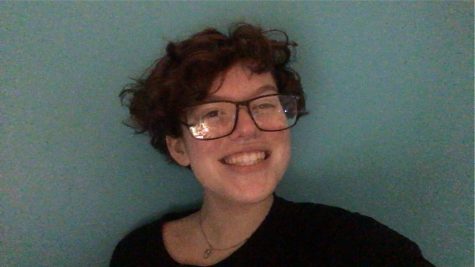EDITORIAL: Sleep deprivation is nothing to brag about
This editorial reflects the Harbinger’s view on teens talking about their sleep deprivation.
December 20, 2019
In a typical day at Algonquin, it’s not uncommon to hear at least one person talk about the amount of sleep, or lack of, they got the night before. Whether it’s two, three, four hours or none at all, many students will gloat about how they are somehow superhuman because they are surviving on minimal sleep.
Sure, they may be surviving, but are they thriving?
According to Stanford Medicine, chronic sleep-deprivation increases risks that are both short and long term, including poor grades, drowsy driving accidents, anxiety, depression and suicidal thoughts or actions. Yet, some students wear their minimal sleep like a badge of honor. Many even feel that if they are not missing sleep to cram extra hours of studying or to finish all their work for countless extracurriculars that they haven’t done enough.
The issue with chronic sleep-deprivation is not only that students have it, but that they tend to brag about it. It has become a competition to see who can get the least amount of sleep and still “function” the next day. This has created a vicious cycle of students depriving themselves of sleep in order to prove to their classmates they can be stellar, well-rounded students with social lives and that a lack of sleep doesn’t affect them.
With this competitive pressure to stay up late, many students experience the consequences of sleep deprivation, but they hide it in order to seem invincible. And those who struggle with the negative effects of sleep deprivation are often looked down upon. The amount of students we have heard say they do not feel any different after a night of little to no sleep is alarming, and based on multiple studies, including the one by Stanford Medicine, is false. But with so many students bragging about their ability to stay up late, those who struggle with the mental and physical effects of sleep deprivation are seen as weak.
But they aren’t. They are normal teens that are burnt out, yet they try to keep up with the pace of their peers. Countless students are falling behind with lack of sleep and we ignore them because we feel they should be able to handle it. The truth is, no student can handle chronic sleep deprivation, no matter how much they fake it.
So please, praise those who go to bed at 10:00 p.m., not the ones who constantly brag about going to bed at 2:00 a.m., and for goodness sake, get a good night’s sleep!
This unsigned editorial reflects the views of the Harbinger editorial board










